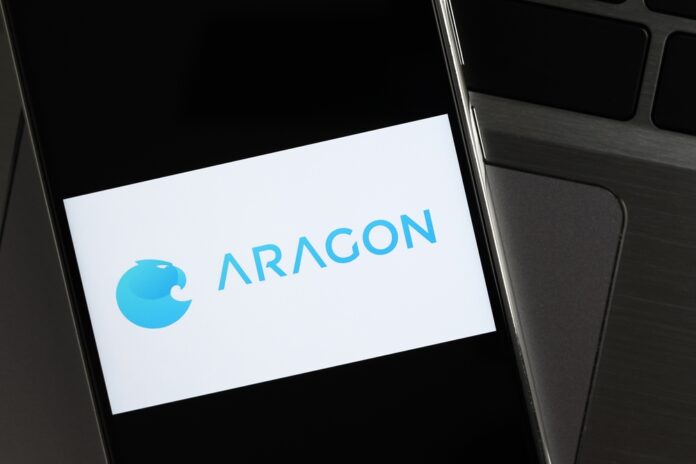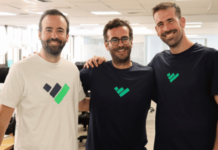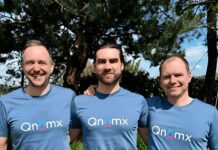In this article, Head of Growth at Aragon, Anthony Leutenegger, shares exciting news about the launch of the Aragon App on Base. Aragon, a platform designed to empower users in building their own Decentralized Autonomous Organizations (DAOs), has been successful in raising funds through its ICO and has facilitated the creation of over 6000 DAOs. The new modular Aragon OSx protocol enables DAO builders to customize and adapt their governance, while the no-code Aragon App provides a user-friendly interface for launching and managing DAOs without any coding knowledge. By choosing to deploy on Base, the Ethereum Layer 2 network incubated by Coinbase, Aragon strives to make on-chain governance more accessible to users. With the belief that DAOs have the potential to enhance human coordination and unlock the full potential of Web3, Aragon is dedicated to ensuring a robust and decentralized on-chain infrastructure that supports users in creating successful DAOs.
Head of Growth at Aragon discusses the launch of Aragon App on Base
Introduction to Aragon and its goals
Aragon, led by Anthony Leutenegger, the Head of Growth, is a decentralized organization dedicated to helping users build their own Decentralized Autonomous Organizations (DAOs) through flexible and secure tools. With a focus on empowering individuals and communities, Aragon aims to revolutionize the way we organize and collaborate. By utilizing blockchain technology, Aragon believes in creating a future where trust, transparency, and participation are the foundations of human coordination.
Aragon’s ICO, which raised a significant amount of funds, has enabled the platform to power the creation of over 6000 DAOs. These DAOs, enabled by Aragon, represent a diverse range of industries and sectors, highlighting the versatility and potential impact of this decentralized governance model.
Overview of Aragon OSx protocol
At the heart of Aragon’s offering is the Aragon OSx protocol, a modular and customizable governance framework that empowers DAO builders to tailor their governance to their specific needs. By decoupling governance processes from the underlying infrastructure, Aragon OSx allows for seamless upgrades and adaptability, ensuring that DAOs can evolve with changing circumstances and requirements. This modular approach to governance customization sets Aragon apart and provides a unique advantage for DAO builders looking to create flexible and sustainable organizations.
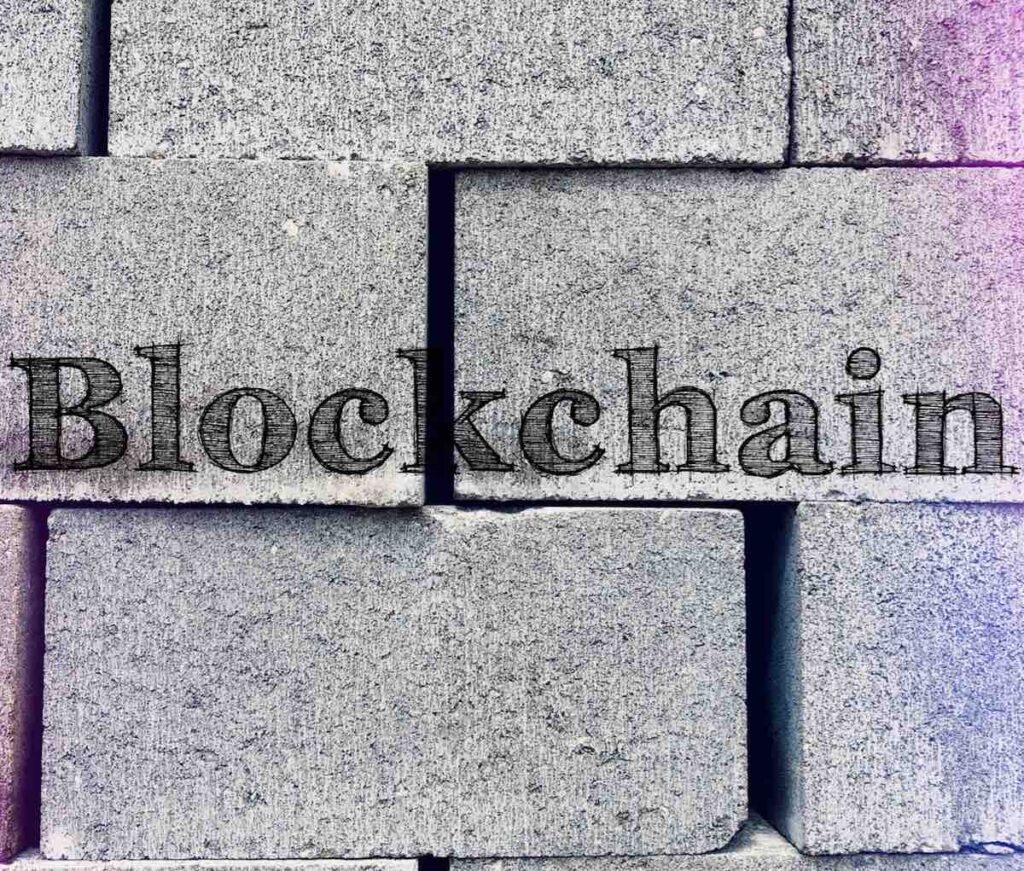
Introduction to the Aragon App
The Aragon App, a no-code interface developed by Aragon, provides a user-friendly platform for launching and managing DAOs without the need for coding expertise. With the Aragon App, users can easily create and manage their own organizations, set up voting systems, assign roles, and execute transparent transactions. The intuitive design and straightforward functionality of the Aragon App make it accessible to users of all levels of technical expertise, democratizing the process of building and operating a DAO.
Reasons for choosing Base as the deployment platform
Aragon’s decision to deploy on Base, an Ethereum Layer 2 network incubated by Coinbase, was driven by the desire to make onchain governance more accessible and scalable. By leveraging the capabilities of Base, Aragon is able to reduce transaction costs and improve throughput, providing an enhanced user experience for DAO builders and participants. Base’s association with Ethereum, the leading blockchain platform, ensures compatibility and interoperability, further enhancing the adoption potential of Aragon’s offerings.
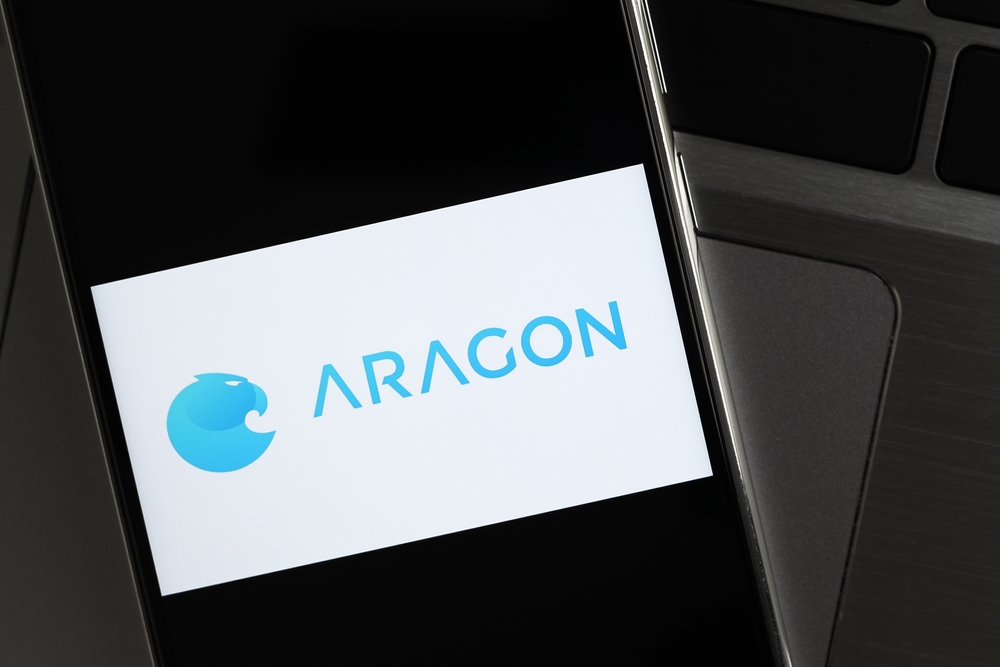
The potential of DAOs in improving human coordination and Web3
Decentralized Autonomous Organizations (DAOs) have the potential to revolutionize human coordination by eliminating intermediaries, fostering trust, and enabling direct participation. Through the use of smart contracts, DAOs can execute complex operations without the need for human intervention, reducing costs and increasing efficiency. Furthermore, DAOs have the ability to unlock the full potential of Web3, the next phase of the internet that aims to enable peer-to-peer interaction, decentralized data storage, and increased individual sovereignty.
Challenges faced by DAOs
While DAOs hold immense potential, they also face challenges that need to be addressed for widespread adoption. One of the key challenges lies in designing effective governance models that balance autonomy, participation, and decision-making. Finding the right balance between decentralized decision-making and efficient decision-making processes is crucial for the success of DAOs. Additionally, user experience remains an important aspect as ease of use and accessibility can greatly impact adoption rates. Finally, smart contract adaptability presents a challenge, as DAOs need to be able to evolve with changing requirements and technological advancements.
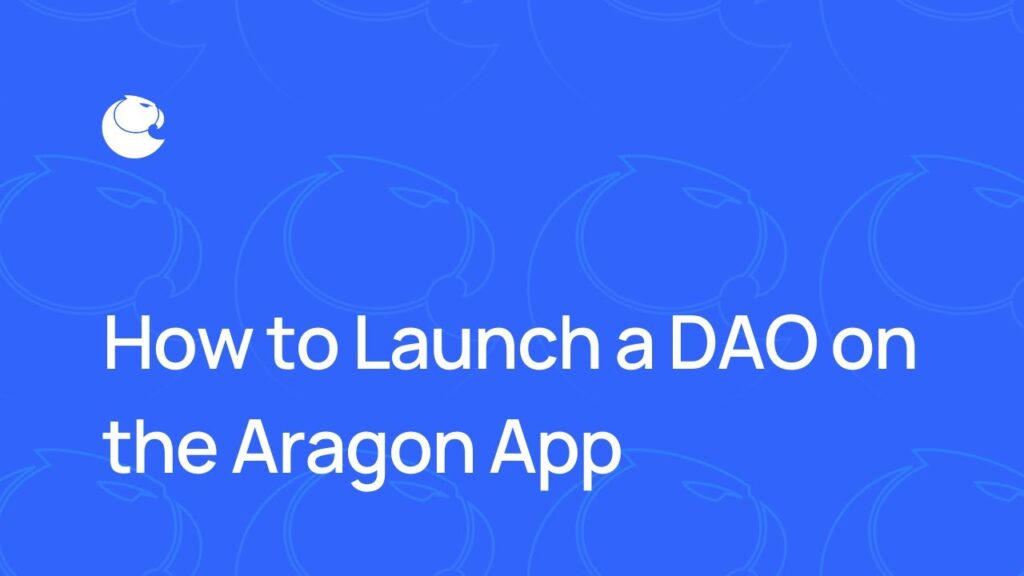
Commitment to robust and decentralized onchain infrastructure
Recognizing the importance of a robust and decentralized infrastructure for the sustainability and security of DAOs, Aragon is dedicated to ensuring high-quality and reliable onchain infrastructure. Measures taken by Aragon include implementing thorough security audits, continuous monitoring and improvement of smart contracts, and collaborating with partners to enhance infrastructure capabilities. Aragon’s commitment to providing a solid foundation for DAO builders ensures that organizations built using Aragon’s tools can operate with confidence and trust in the underlying technology.
In conclusion, Aragon, under the leadership of Anthony Leutenegger, is driving the development of tools and protocols that empower individuals and communities to build and operate their own DAOs. With the Aragon OSx protocol and the user-friendly Aragon App, Aragon is making the process of creating and managing DAOs accessible to a broader range of individuals, regardless of technical expertise. By choosing Base as the deployment platform and addressing the challenges faced by DAOs, Aragon is committed to revolutionizing human coordination and unlocking the potential of Web3 through robust and decentralized onchain infrastructure.


